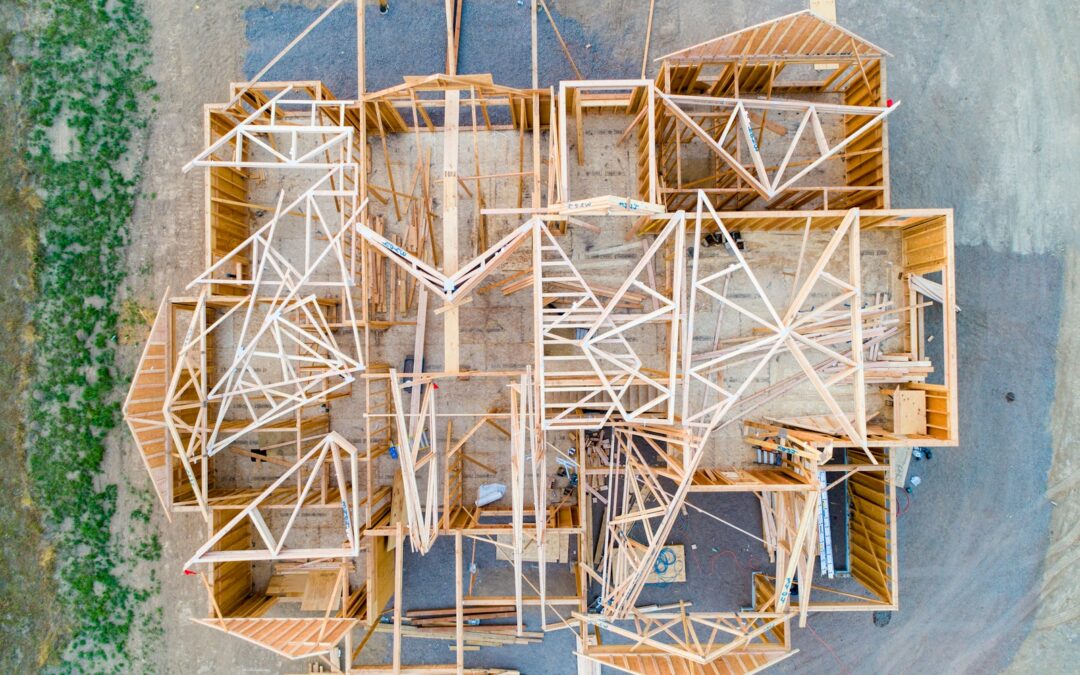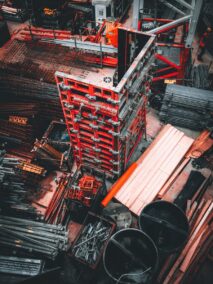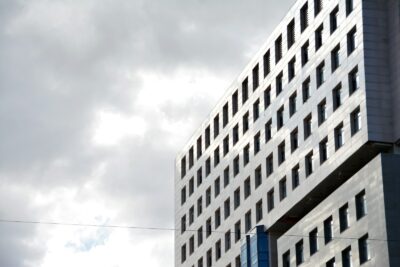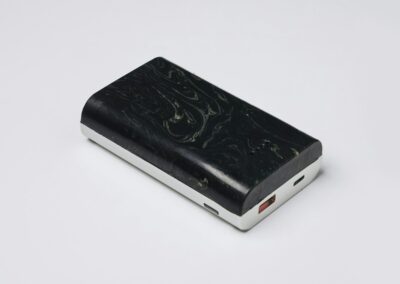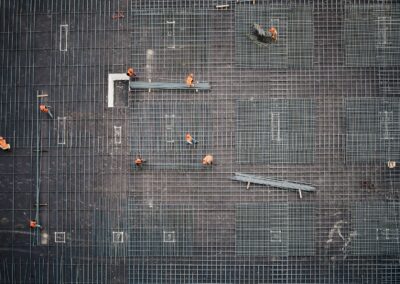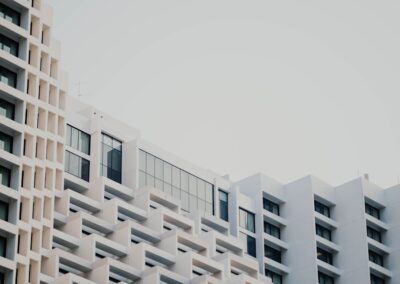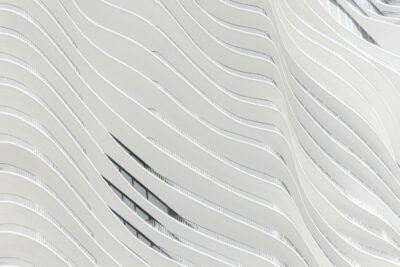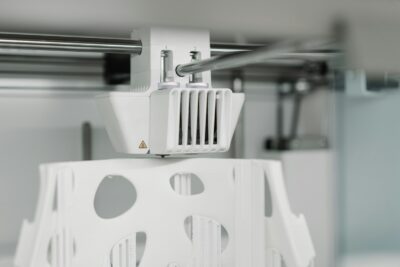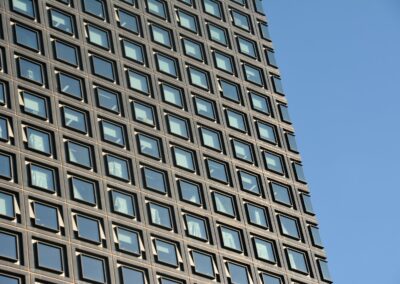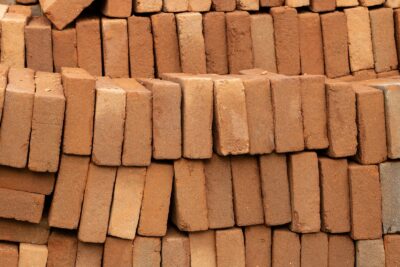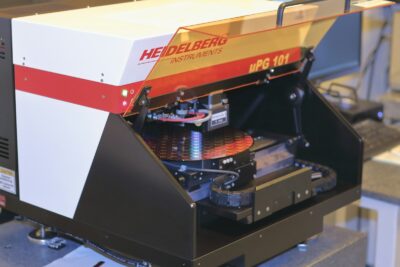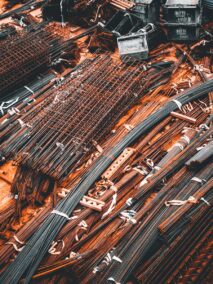Contributing to Environmental Preservation and Sustainable Living
Enhancing Environmental Sustainability with Sustainable Building Materials
The integration of sustainable building materials in home construction is essential for promoting environmental preservation and sustainable development. These materials reduce the ecological footprint of construction projects and contribute to the creation of healthier living environments. In regions like Saudi Arabia and the UAE, where rapid urbanization and environmental concerns are prevalent, the adoption of eco-friendly construction practices is increasingly important.
In Saudi Arabia, the Vision 2030 initiative underscores the significance of sustainability in all sectors, including construction. By using sustainable building materials such as recycled steel, bamboo, and reclaimed wood, the country can significantly reduce its carbon footprint. These materials require less energy to produce and generate fewer emissions compared to traditional construction materials like concrete and conventional steel. Additionally, they often come from renewable resources, ensuring a continuous supply without depleting natural reserves.
Dubai, known for its innovative architectural designs, is also championing the use of sustainable building materials. The city’s ambitious green building regulations promote the use of materials that minimize environmental impact and enhance energy efficiency. For example, Dubai’s buildings increasingly incorporate high-performance glass and insulation materials that reduce energy consumption for heating and cooling. By prioritizing sustainable materials, Dubai aims to create urban spaces that are both environmentally friendly and resilient to climate change.
Benefits of Sustainable Building Materials
Using sustainable building materials in home construction offers numerous benefits beyond environmental preservation. One of the primary advantages is improved energy efficiency. Materials such as insulated concrete forms (ICFs) and structural insulated panels (SIPs) provide superior thermal insulation, reducing the need for artificial heating and cooling. This not only lowers energy bills but also decreases greenhouse gas emissions. In Riyadh, homes constructed with these materials can maintain comfortable indoor temperatures despite extreme weather conditions.
Another significant benefit is the enhancement of indoor air quality. Traditional construction materials can emit volatile organic compounds (VOCs) and other pollutants, adversely affecting indoor air quality. In contrast, sustainable materials like low-VOC paints, natural fiber insulation, and formaldehyde-free plywood contribute to healthier indoor environments. These materials help create homes that are safe and comfortable for residents, promoting overall well-being. In Dubai, the adoption of such materials aligns with the city’s goal of improving the quality of life for its residents.
Durability and longevity are also key benefits of sustainable building materials. Materials such as recycled steel and bamboo are known for their strength and resilience, ensuring that buildings can withstand harsh environmental conditions. This reduces the need for frequent repairs and replacements, resulting in long-term cost savings. In Saudi Arabia, the use of durable materials in home construction can enhance the resilience of buildings to natural disasters such as sandstorms and floods.
Technological Innovations in Sustainable Construction
The implementation of sustainable building materials in home construction is greatly enhanced by technological innovations. Artificial intelligence (AI), blockchain, and generative AI are transforming the construction industry by optimizing the use of sustainable materials and ensuring transparency in sourcing and manufacturing processes.
AI-driven design tools enable architects and builders to create optimized construction plans that maximize the use of sustainable materials. These tools analyze various factors, including material properties, environmental impact, and cost, to provide the best possible solutions for each project. In Riyadh, AI is being used to design homes that are both sustainable and cost-effective, meeting the demands of modern living while minimizing environmental impact.
Blockchain technology enhances transparency and accountability in the construction industry. By recording data on the origin, production, and distribution of building materials, blockchain ensures that all materials used in construction are sustainably sourced and meet environmental standards. This technology is particularly beneficial in Dubai, where stringent green building regulations require compliance with sustainability criteria. Blockchain can verify that all materials used in construction projects align with these regulations.
Generative AI is revolutionizing the way homes are designed and constructed. This technology allows architects to simulate various design scenarios and identify the most efficient and sustainable solutions. By incorporating generative AI into the design process, builders can optimize the use of materials, reduce waste, and create structures that are both innovative and environmentally friendly. In Saudi Arabia, generative AI is being used to design homes that maximize space, energy efficiency, and sustainability.
Conclusion
The use of sustainable building materials in home construction is crucial for promoting environmental preservation and sustainable living. By leveraging advanced technologies and adopting eco-friendly construction practices, regions like Saudi Arabia and the UAE are leading the way in creating sustainable urban environments. Through strategic planning, technological innovation, and a commitment to sustainability, these regions are setting new standards for modern, resilient, and environmentally responsible living spaces.
#SustainableBuildingMaterialsInHomeConstruction #EcoFriendlyConstruction #EnvironmentalPreservation #RiyadhGreenHomes #DubaiSustainableArchitecture #SaudiArabiaSustainableDevelopment #UAESustainableConstruction #AIInConstruction #BlockchainInBuildingMaterials #TheMetaverseInHomeDesign #GenerativeAIInArchitecture #BusinessSuccess #LeadershipInSustainability #ProjectManagementInGreenConstruction

